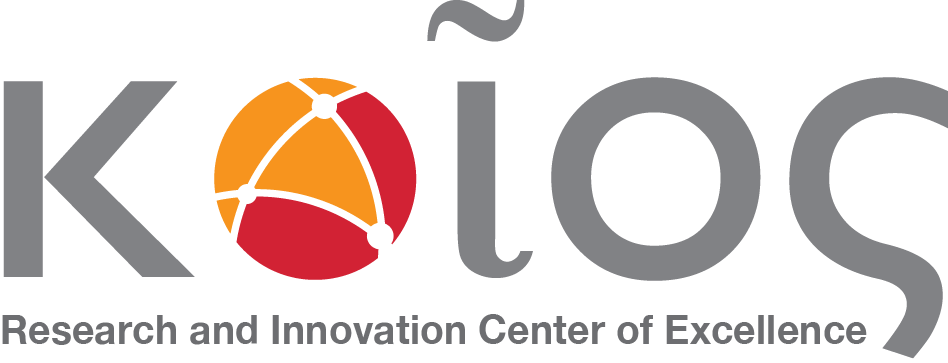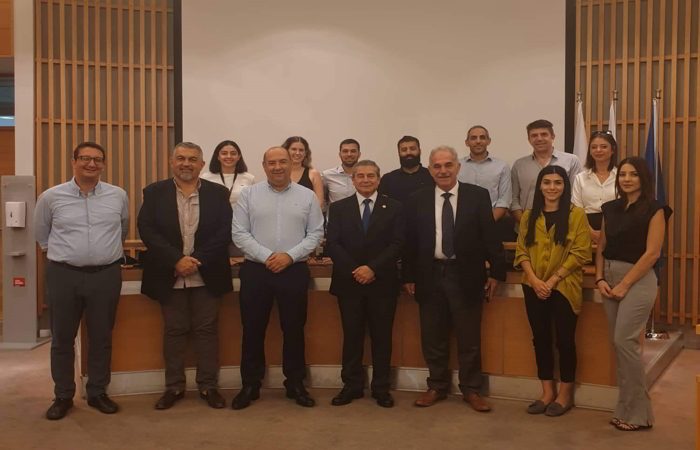The pandemic has emphasized the role of analyzing sewage as a tool for estimating the evolution of infections, making it an important tool in managing public health. At the same time, failures and emergencies can affect the operation of the sewerage system, e.g., causing sewage overflows.
To address these challenges, the Larnaca Sewerage and Drainage Board (LSDB) has signed research and innovation collaboration agreements with the KIOS Research and Innovation Center of Excellence together with NIREAS International Water Research Center, on the 5th of October 2022.
Through these collaboration agreements, funded by the Cyprus Recovery and Resilience Plan, KIOS CoE and NIREAS aim to develop a Wastewater-based Health Sentinel to monitor the public health status of Larnaca, as well as a Digital Sentinel for monitoring the “health” of the sewerage system and assist in the operational decision making. As part of the project, sampling stations and sensors will be installed in strategic locations within the network to enhance the current monitoring capabilities.
NIREAS research team will set up a monitoring system of population-wide surveillance of the public-health status of Larnaca. This will be performed through the monitoring of pathogenic microorganisms and antibiotic resistance determinants, that are of human health concern in urban wastewater. The obtained data will provide important research information on the infection status of the investigated Larnaca areas and can be utilized by Public Health Authorities and by the public, likewise.
KIOS research team will conduct research and deploy a “Digital Twin”, a virtual replication of the sewerage system that updates in real-time, to allow the LSDB to answer what-if scenarios regarding the efficient operation of its network, using hydraulic and energy modelling. Moreover, KIOS team will incorporate custom methodologies towards an early warning using sensors, open data, analytics, and diagnostics e.g., to detect pump failures, overflows, etc.
These research and innovation collaborations will support the transformation of LSDB towards a smart and green organization, able to reduce gas emissions, save energy, reuse treated wastewater effluents, monitor public health, manage health hazards, and improve its organizational capacity for the benefit of society at large.



